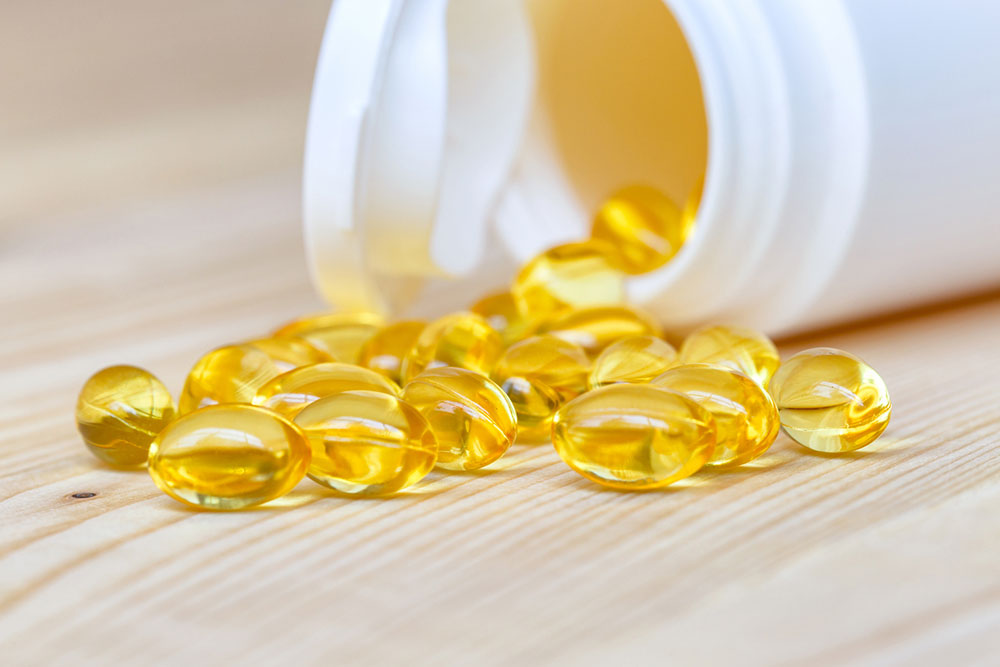Essential Benefits and Insights on Vitamin B12 Supplements
Discover the crucial benefits of Vitamin B12 supplements, their role in supporting neurological and blood health, and the best sources available. Learn about deficiency risks, recommended dosages, and top supplement options to maintain optimal vitality and prevent severe health issues.
Sponsored

Understanding the Importance of Vitamin B12 Supplements
Vitamin B12 plays a vital role in maintaining overall health, yet our bodies cannot produce it naturally. It must be obtained through food sources, primarily animal-based products. To prevent deficiencies, incorporating vitamin B12-rich foods or supplements is recommended. Supplements serve as a reliable alternative to ensure adequate intake, especially for those at risk of deficiency.
The Role of Vitamin B12 in the Body
As a water-soluble vitamin, B12 is crucial for brain health and nervous system support. It aids in forming myelin, a protective layer around nerve fibers, enabling rapid nerve signal transmission. Additionally, B12 is essential for producing red blood cells, DNA synthesis, and metabolizing fats and amino acids.
Deficiency in vitamin B12 can result from aging, excessive alcohol consumption, certain medical conditions, or vegetarian and vegan diets lacking animal products. Gastrointestinal disorders and immune system problems can also impair absorption.
Risks Associated with B12 Deficiency
A lack of B12 often leads to anemia, presenting symptoms such as fatigue, weakness, shortness of breath, pale skin, and neurological issues like numbness, difficulty walking, or vision problems. Left untreated, deficiencies may cause severe health complications including cognitive impairments and mood disorders.
Recommended Intake Levels
Proper vitamin B12 levels depend on age and physiological needs. For adults over 14, 2.4 micrograms daily is suggested. Pregnant women should aim for 2.6 micrograms, while breastfeeding women need 2.8 micrograms. Older adults might require higher doses based on absorption capacity, often between 25-100 micrograms daily. Children and infants have specific dosage requirements to support healthy growth and development.
Always consult a healthcare professional before starting supplements to determine the appropriate dosage and avoid adverse effects.
Natural Sources of Vitamin B12
If dietary habits include sufficient animal-based foods, additional supplements might not be necessary. Rich sources include seafood, red meats like beef and pork, dairy products such as milk, cheese, and yogurt, eggs, and plant-based options like tofu and soy milk.
Leading Vitamin B12 Supplements in the U.S.
The top five B12 supplements, analyzed for potency and safety by Labdoor, include:
Vegan Safe B12
Nature Made B12 Timed Release
Twinlab B12 Dots
Live Wise Naturals B12
Nature Made B12
While deficiency isn’t widespread, it’s important to address symptoms early by consulting a healthcare provider. Proper supplementation can efficiently maintain optimal health, emphasizing the importance of correct dosage and consistent intake for mental and physical well-being.






